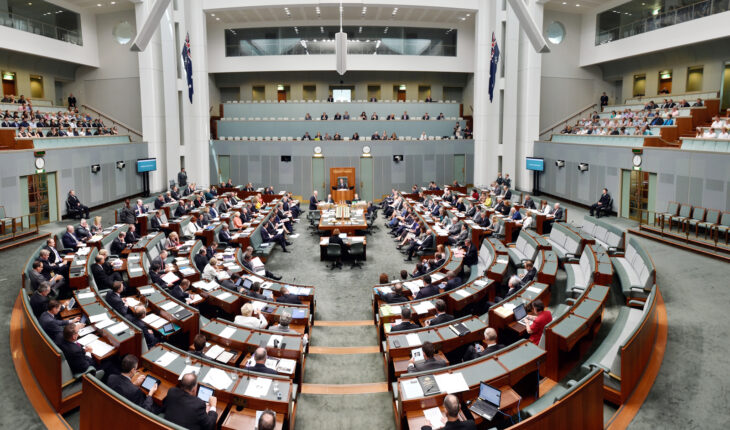The Australian Parliament recently passed a world-first law targeting Google and Facebook. The lead up to the bill pitted the government against two of the world’s largest corporations and the discussion reached the world’s top leaders: the U.S. President weighed in and Prime Minister Narendra Modi and Australian Prime Minister Scott Morrison discussed it. At the peak of the crisis, Facebook blocked all Australian users from posting or viewing any news on the platform. The law matters because it is likely to be copied by countries around the world, but there are some limitations to what has been agreed in Australia and opportunities for others to try alternative solutions.
So, what is the law all about? The Mandatory Bargaining Code is an unusual piece of policy. It attempts to address two problems in one hit: how to tax large, multinational technology companies; and how to ensure that Australia maintains a strong, independent media. The code’s solution is to mandate transfer payments from the tech companies to news media organisations. At this point you could be forgiven for thinking: ‘But isn’t Australia a market economy?’ And that’s one of the most perplexing aspects of the new law. What it effectively does is require one industry to pay money to an unrelated industry. This is like forcing computer manufacturers to sustain typewriter manufacturers.
The underlying assumption is that Google and Facebook derive benefit and revenue by helping users access links to news stories. That is true to an extent, but by that logic every single business that receives a referral from a platform should be paid for it. If I searched the menu of a local restaurant, Google would have to pay that restaurant for my action. That model ignores the benefit businesses derive from the referral business, creates odd incentives and is not scalable.
The other unusual feature of the law is that it doesn’t apply to any company. The intention behind the legislation was to use it as a threat rather than to have it actually apply to the companies. In this respect it’s a little like a democratic version of a shakedown. If the companies don’t agree to pay news media outlets enough money in private deals, they face the risk of being designated by the Minister and forced to abide by the code. The code’s mandatory provisions are so onerous that the tech companies are highly incentivised to make generous payments to media companies to avoid the provisions. The payments agreed to in private deals can easily exceed revenue actually generated by the platform from displaying the news links. This is because the amounts they would be forced to pay under the code would likely be far higher, so it is better to overpay outside the scheme than risk falling under it.
As you might suspect, a law that proposes giving news organisations money for doing nothing new was received well among news businesses. Politically, it was an astute way to go after the tech giants because there was not a dissenting voice to be heard in the Australian mainstream media. The downside was that it meant there was little exploration of alternative policy approaches, or some of the longer-term consequences of the code.
Some might say, that might be true, but a strong independent media is the lifeblood of democracy and the tech companies need to pay more tax, so if a clunky policy solution is the price of getting there, I’m okay with that.
There is no doubt that societies around the world need to ensure they can sustain strong, independent news media. There are also lots of reasoned policy discussions on the best way to tax digital service companies. So, what are the alternatives?
A former Australian Prime Minister has mounted the public case that a tax on digital advertising would be a better way to go. This could cover all online advertising or just advertising platforms of a certain size. That would provide a scalable way to tax the platforms without creating the precedent of having one industry subsidising another.
On the issue of supporting news media, the new Australian law has one advantage in that it removes government from the role of deciding which outlets get cash injections. This removes the obvious conflict that government would have to hand out money to the least critical news outlets, defeating the whole purpose of the exercise. But as many governments that fund public broadcasters have learnt through bitter experience, there are effective ways of funding independent journalism at arm’s length.
The law is understandably going to be of great interest to media organisations everywhere, keen to copy their Australian counterparts and fill their coffers with some tech company cash. But it would be a shame if the rush for cash got in the way of a discussion of other approaches that could be explored.
An unusual road to new media code
Published Date: 07-03-2021 | 5:16 pm
Fergus Hanson delves into the longer-term consequences of Australia’s new legislation
Fergus Hanson is the Director at the Australian Strategic Policy Institute and the author of ‘Internet Wars’. Views expressed are personal





